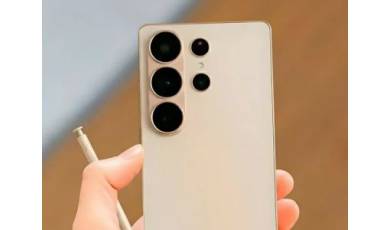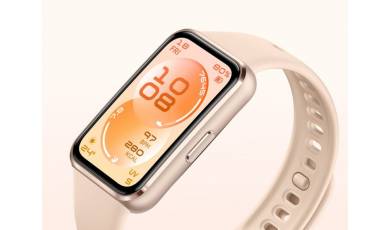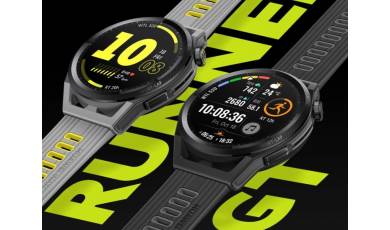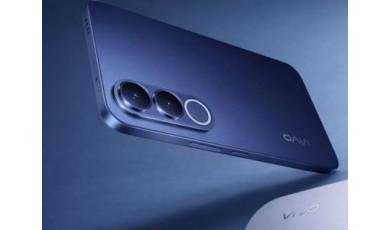Samsung Omnia 7 specs.
Mobiles >> Samsung >> Samsung Omnia 7| Specifications | Reviews | Secret codes |
| Unlock phone | Root phone | Bypass FRP |
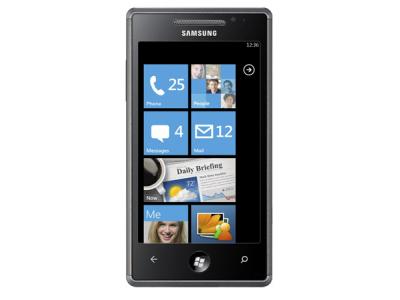
Design Samsung Omnia 7
Device type:
Smart phone
Smart Phone OS: An operating system (OS) is software that interacts between a user and a smartphone.
An operating system (OS) is software that interacts between a user and a smartphone.
Windows Phone 7.5 Mango
Form factor:
Candybar
Dimensions:
5 megapixels
Flash:
LED
Features:
Autofocus
Camcorder:
1280x720 (720p HD) (25 fps)
Hardware Samsung Omnia 7
System chip:
Qualcomm Snapdragon S1 QSD8250
Processor :
Single core, 1000 MHz, Scorpion
Graphics processor:
Adreno 200
Built-in storage:
8 GB
Battery Samsung Omnia 7
Talk time:
8.66 hours
the average is 11 h (675 min)
the average is 11 h (675 min)
Stand-by time:
16.2 days (390 hours)
the average is 20 days (477 h)
the average is 20 days (477 h)
Talk time (3G):
6.16 hours
the average is 15 h (897 min)
the average is 15 h (897 min)
Stand-by time (3G):
13.8 days (330 hours)
the average is 23 days (546 h)
the average is 23 days (546 h)
Capacity:
1500 mAh
Type:
Li - Ion
Multimedia Samsung Omnia 7
Music player Supported formats:
MP3, AAC, AAC+, eAAC+, WMA, AMR, MIDI
Video playback Supported formats:
MPEG4, H.263, H.264, WMV
Radio:
FM, RDS
Internet browsing Samsung Omnia 7
Browser supports:
HTML
Technology Samsung Omnia 7
GSM:
850, 900, 1800, 1900 MHz
UMTS: Universal Mobile Telecommunications System
Universal Mobile Telecommunications System
900, 1900, 2100 MHz
Data:
HSDPA High-Speed Downlink Packet Access 7.2 Mbit/s, HSUPA 2 Mbit/s, UMTS, EDGE
High-Speed Downlink Packet Access 7.2 Mbit/s, HSUPA 2 Mbit/s, UMTS, EDGE
Global Roaming:
Yes
Positioning :
A-GPS
Navigation:
Yes
Phone features Samsung Omnia 7
Phonebook:
Unlimited entries, Caller groups, Multiple numbers per contact, Search by both first and last name, Picture ID, Ring ID
Organizer:
Calendar, Alarm, To-Do, Document viewer, Calculator, World clock
Messaging:
SMS, MMS, Predictive text input
E-mail:
Yes
Instant Messaging:
Yes
Connectivity Samsung Omnia 7
Bluetooth: Bluetooth is used to exchange data between nearby mobile devices.
Bluetooth is used to exchange data between nearby mobile devices.
2.1, EDR
Profiles:
Advanced Audio Distribution (A2DP), Audio/Video Control Transport Protocol (AVCTP), Audio/Video Distribution Transport Protocol (AVDTP), Audio/Visual Remote Control Profile (AVRCP), Generic Access (GAP), Generic Audio/Video Distribution (GAVDP), Handsfree (HFP), Headset (HSP), Logical Link Control and Adaptation Protocol, Phone Book Access (PBAP), Serial Port (SPP), Service Discovery Protocol (SDP)
Wi-Fi: Wireless lan technology
Wireless lan technology
802.11 b, g, n
USB: Universal Serial Bus
Universal Serial Bus
USB 2.0
Connector:
microUSB
Headphones connector:
3.5mm
Charging connector:
microUSB
Other:
Computer sync, OTA sync
Other features Samsung Omnia 7
Notifications:
Music ringtones (MP3), Polyphonic ringtones, Vibration, Flight mode, Silent mode
Sensors:
Accelerometer
Voice recording
Regulatory Approval Samsung Omnia 7
FCC approval :
Date approved:
28 Sep 2010
FCC ID value:
A3LGTI8700
FCC measured SAR :
Head:
0.78 W/kg
Measured in:
1900 MHz
Body:
0.41 W/kg
Measured in:
1900 MHz
Availability Samsung Omnia 7
Officially announced:
11 Oct 2010
Comments, Questions and Answers about Samsung Omnia 7
Ask a question about Samsung Omnia 7

